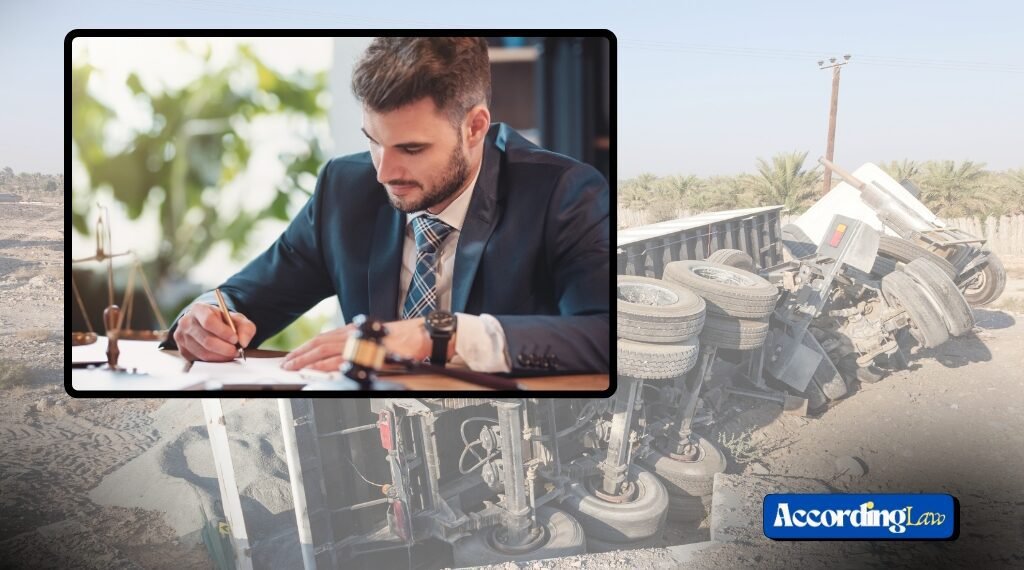Accidents disrupt more than just routines. They can trigger a string of medical bills, time off work, and stress that builds fast. When someone else’s negligence is the cause, you are entitled to fair compensation.
“Colorado law gives injured individuals clear rights, but the process is not automatic. Missing one deadline or document could harm your claim’s value or result in it being rejected entirely,” says Amy Gaiennie, a personal injury lawyer from Amy G Injury Firm.
This guide provides a clear and confident roadmap for filing a personal injury claim in Colorado with clarity and confidence.
Table of Contents
Gather Adequate Evidence
Strong evidence lays the groundwork for your entire claim. So, take clear photos of the accident scene, injuries, property damage, and anything else relevant. Visuals carry weight when paired with written accounts from witnesses or first responders.
Medical records also tell a story insurers cannot ignore. It would be best to document every visit, treatment plan, prescription, and recommendation from doctors.
Official reports can add structure to your claim. Police statements help confirm timelines and details of fault. Even email exchanges with insurance adjusters or employers support your version of events when tensions rise later in the process.
Contact an Experienced Personal Injury Lawyer
Personal injury law can be confusing even to the most organized person. Rules about deadlines, liability, and compensation vary depending on the situation. But you do not have to go through it alone because seasoned attorneys are ready to help.
Lawyers with Colorado-specific experience are familiar with the expectations of local judges. They understand how insurance companies operate and where claimants often slip up. That insight gives your case structure from the beginning, not just when a trial feels likely.
Initial consultations usually cost nothing. So, you can meet with an attorney, review the facts of your situation, and weigh their strategy before committing. The earlier that happens, the stronger your position.
Notify the At-Fault Party and Their Insurance
Letting the responsible party know about your intent to file sets everything in motion. You do not need to dive into details yet, but a timely notice preserves your rights under Colorado law. Most insurers require notification as soon as possible after an incident.
Written communication keeps records clean. Whether it is a certified letter or a digital confirmation, date-stamped proof of delivery protects you from later disputes about timing or awareness.
Once insurance companies are on alert, they assign adjusters to investigate. Those conversations can shape the outcome, so tread carefully. Statements made too casually or without legal advice can be used against you down the line.
File a Claim with Supporting Documentation
Once you notify the insurer, it’s time to organize your claim package. That includes medical records, receipts, photos, police reports, and anything that confirms what happened and how much it has cost you physically, emotionally, or financially.
The more thorough your documentation, the harder it is for insurers to undervalue or delay your claim. Clear timelines, consistent treatment records, and formal damage assessments demonstrate that you took the process seriously from the outset.
Colorado law does not require a specific form for filing personal injury claims outside of court. But insurance providers each have their own submission rules, usually through online portals or written statements. Your attorney can help shape what is included and when to send it in.
Negotiate or Initiate a Lawsuit if Settlement Fails
Most claims resolve through negotiation. After reviewing your documents, the insurer may offer a settlement, though it is often lower than what you deserve. An experienced attorney can respond with a counteroffer that better reflects your damages and long-term needs.
Some insurers dig in, especially when liability is disputed or medical expenses are high. When talks stall, the next step is to file a lawsuit in civil court, allowing evidence to unfold before a judge or jury.
Colorado has a two-year statute of limitations for claims stemming from most incidents. If you miss that window, even the strongest cases lose their legal standing completely.


